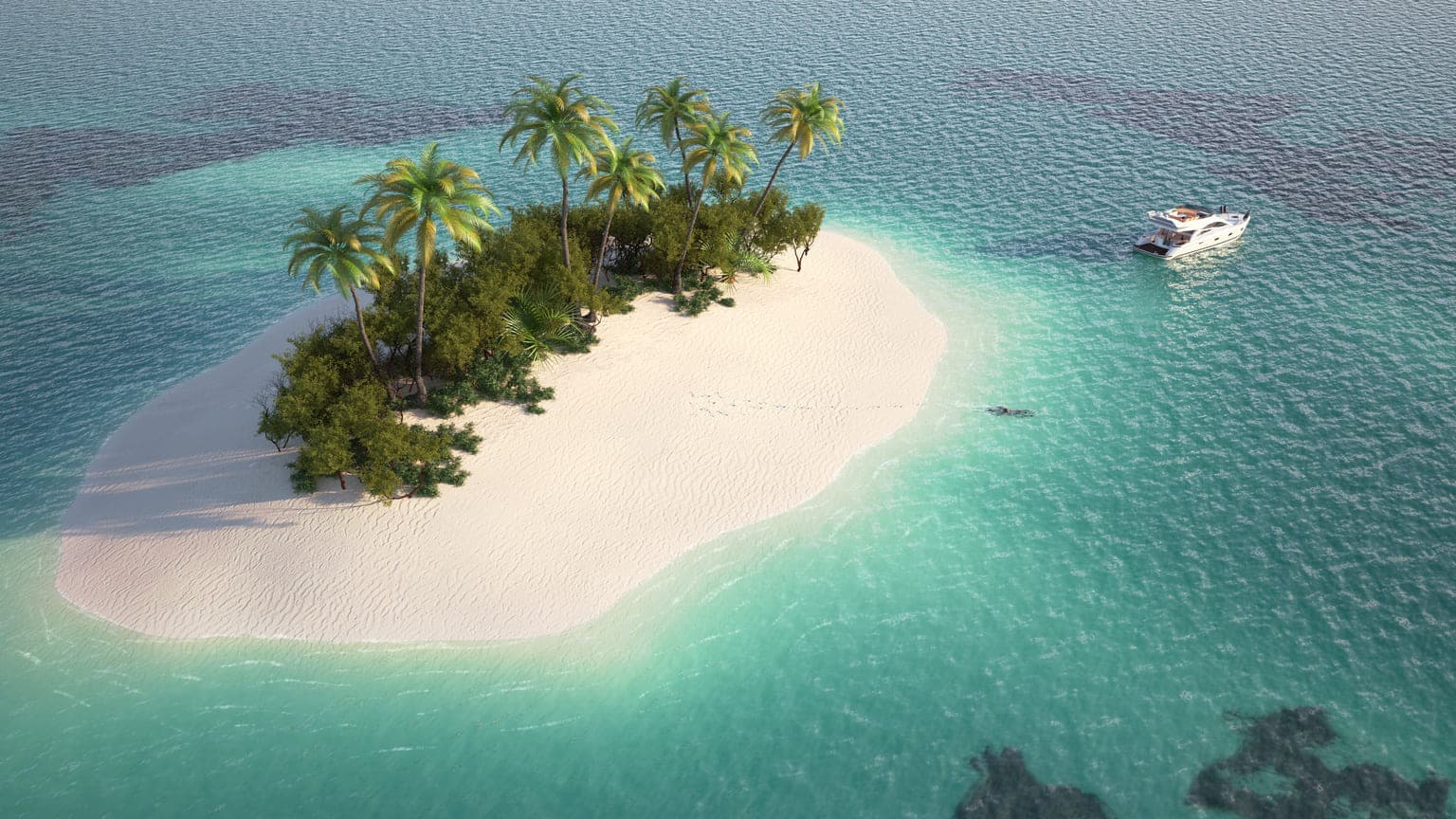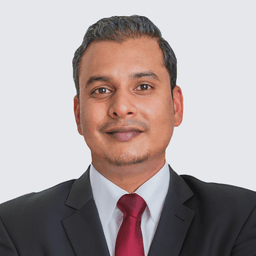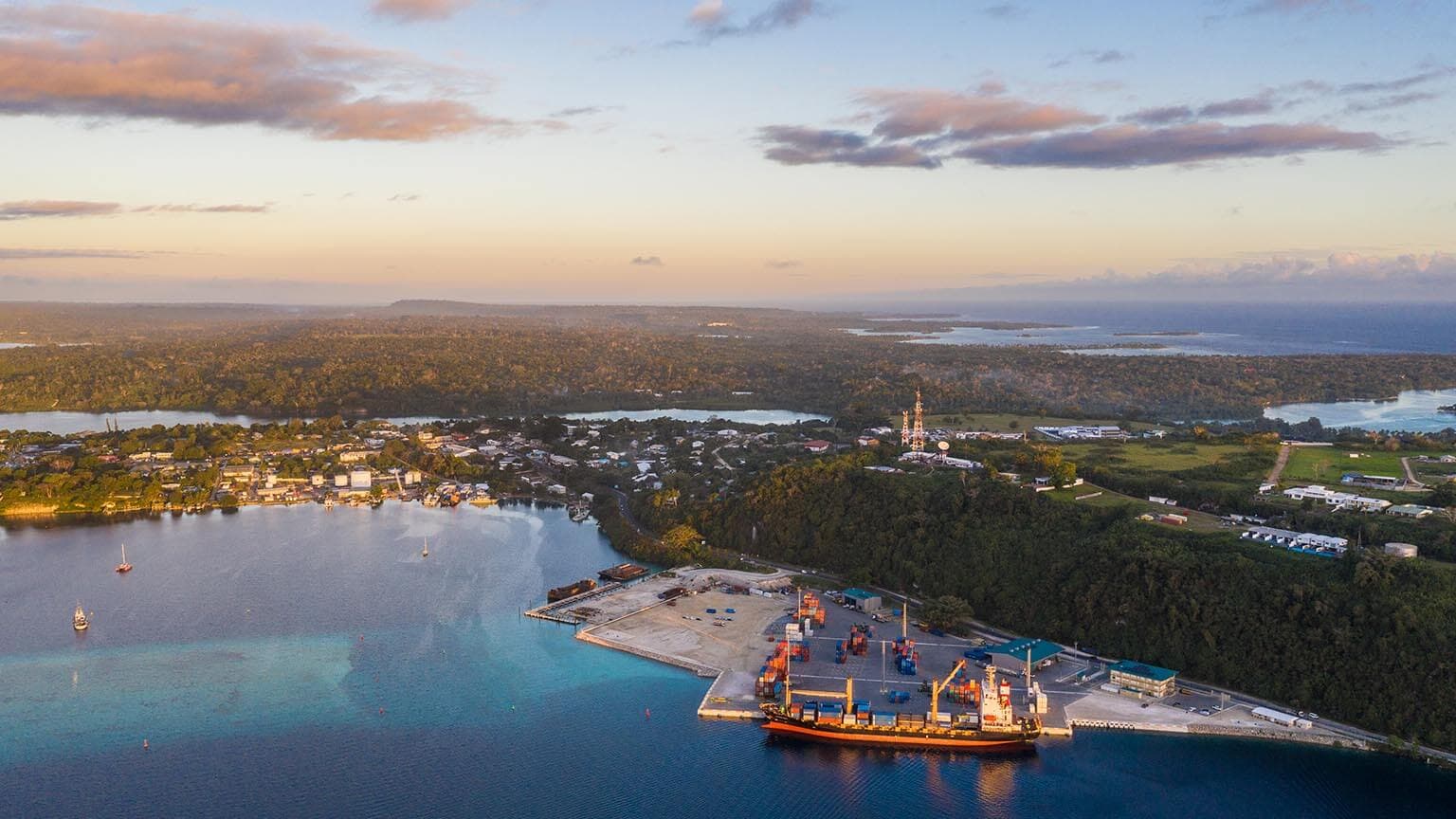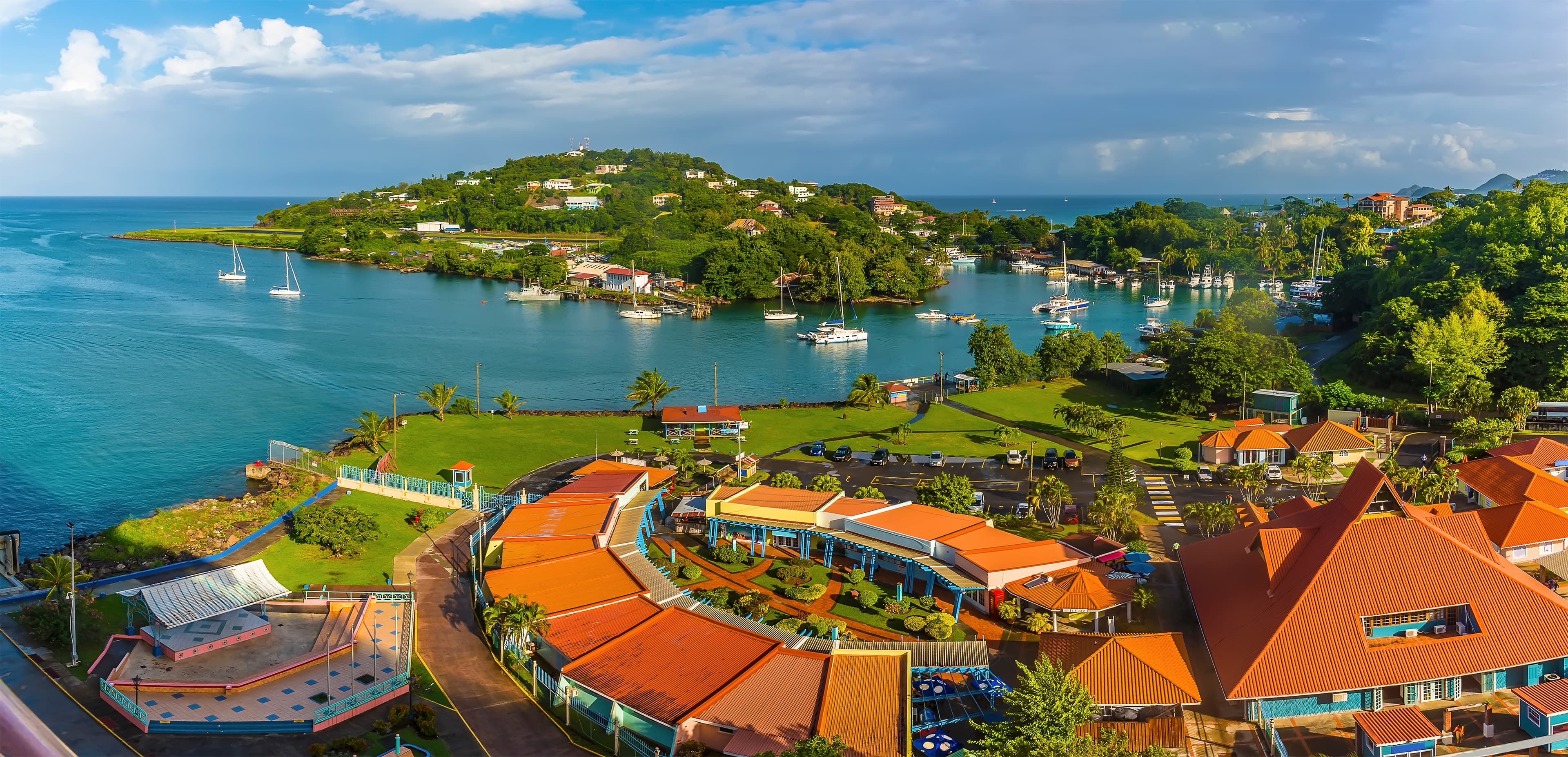Summary
Caribbean and Vanuatu citizenship by investment programs have attracted thousands of high-net-worth individuals. To apply, foreigners invest a minimum of $200,000 for Caribbean citizenship or $130,000 for Vanuatu citizenship.
With a Caribbean passport, one can visit Schengen countries, Singapore, and Hong Kong without a visa. Investors also visit the UK visa-free with a passport of Antigua and Barbuda, St Lucia, and Grenada.
In this article, we’ve uncovered key benefits of Caribbean and Vanuatu citizenship by investment and provided step-by-step requirements for obtaining a second passport.
Caribbean and Vanuatu citizenship by investment overview
Citizenship by investment in the Caribbean and Vanuatu offer fast and legal pathways to obtaining a second passport by financial contributions.
Vanuatu stands out for its speed, costs, and simplicity. With an investment of $130,000, applicants can secure citizenship in as little as 2—4 months.
Known for its favorable tax regime—no personal income, corporate, or wealth taxes—it attracts those seeking financial privacy.
The Caribbean boasts some of the longest-running and most respected citizenship by investment programs in:
-
Antigua and Barbuda;
-
Grenada;
-
Dominica;
-
St Kitts and Nevis;
-
St Lucia.
The Caribbean countries require investments starting at $200,000. They offer visa-free access to over 140 countries. Processing times range from 6 to 8 months, with options for family inclusions.
All nations offer unique advantages, but understanding the nuances of each program is crucial for making the best decision for one’s needs.

Trusted by 5000+ investors
Compare the Caribbean and Vanuatu citizenship by investment programs
Statistical snapshot of Vanuatu and Caribbean citizenship by investment
Vanuatu. From 2014 to 2020, a total of 4,037 citizenship applications were approved by Vanuatu’s Citizenship Commission.
Caribbean. The collective approval rate across Caribbean countries has surged, with over 40,000 passports issued to investors and their families in the last decade. Antigua and Barbuda alone accounted for more than 7,500 approvals in the past five years.
The funds received have been channeled into infrastructure development, healthcare, education, and disaster recovery initiatives, showcasing how CBI programs benefit both investors and the host countries.

9 benefits of Caribbean and Vanuatu citizenship by investment
1. Increased global mobility. The Caribbean and Vanuatu second passports open up the possibility of visa-free travel to many countries that require visas for other nationals.
Number of visa-free countries with Caribbean and Vanuatu passports:
-
Antigua and Barbuda — 152;
-
Grenada — 148;
-
Dominica — 145;
-
St Lucia — 146;
-
Vanuatu — 107.
Grenadians can obtain both an E‑2 business visa and a 10-year US B‑1/B‑2 Visitor Visa to the USA, whereas citizens of Antigua and Barbuda, St Lucia, St Kitts and Nevis, and Dominica are eligible only for the 10-year US B‑1/B‑2 Visitor Visa.
2. Quick processing times. Vanuatu leads the investment immigration market with some of the fastest application timelines, granting citizenship in 2—4 months. It is one of the main advantages of the Vanuatu citizenship by investment program.
The Caribbean nations, while slightly slower, still maintain efficient processing, taking 6—8 months. This makes them highly competitive compared to citizenship obtained by naturalisation, which often takes 5—10 years.
3. International business opportunities. Citizens of Antigua and Barbuda, Grenada, Dominica, St Kitts and Nevis, St Lucia, and Vanuatu can run international businesses freely and open bank accounts abroad.
4. Financial security with an EU bank account . An account in an EU bank solves two key tasks:
-
ensuring the safety of assets, protects funds from depreciation rate of any country’s currency;
-
expediting and simplifying currency transactions.
5. Tax optimisation. Residents of Antigua and Barbuda, St Kitts and Nevis, and Vanuatu also do not pay income tax. But to become a country tax resident, a foreigner has to live there 183 days a year.
Companies registered in Antigua and Barbuda, Grenada, Dominica, St Kitts and Nevis, St Lucia, and Vanuatu do not pay share capital increase tax. International companies in Vanuatu are exempt from taxes for 20 years and only pay an annual fee of $300.

Bill, 37 years old
Online sales entrepreneur
St Lucia сitizenship: a pathway to business expansion and tax optimisation
An online sales entrepreneur from London sought to reduce his tax burden and explore new business opportunities.
By obtaining St Lucia citizenship, he gained access to a favourable tax regime and the ability to register an international company with 0% tax on income earned outside the country.
This strategic move enabled him to expand his business operations across the Caribbean region.
6. Real estate investment opportunities. Investing in real estate provides a dual benefit: a pathway to citizenship and a tangible, appreciating asset. Caribbean investment programs require investments in government-approved properties such as luxury resorts, branded residences, or eco-friendly developments.
These properties are often located in prime tourist destinations, offering excellent potential for rental income. Investors typically need to commit a minimum of $200,000 to 600,000, depending on the country.
After a mandatory holding period, usually around 5—7 years, properties can be sold, allowing investors to recoup their initial investment while retaining citizenship.
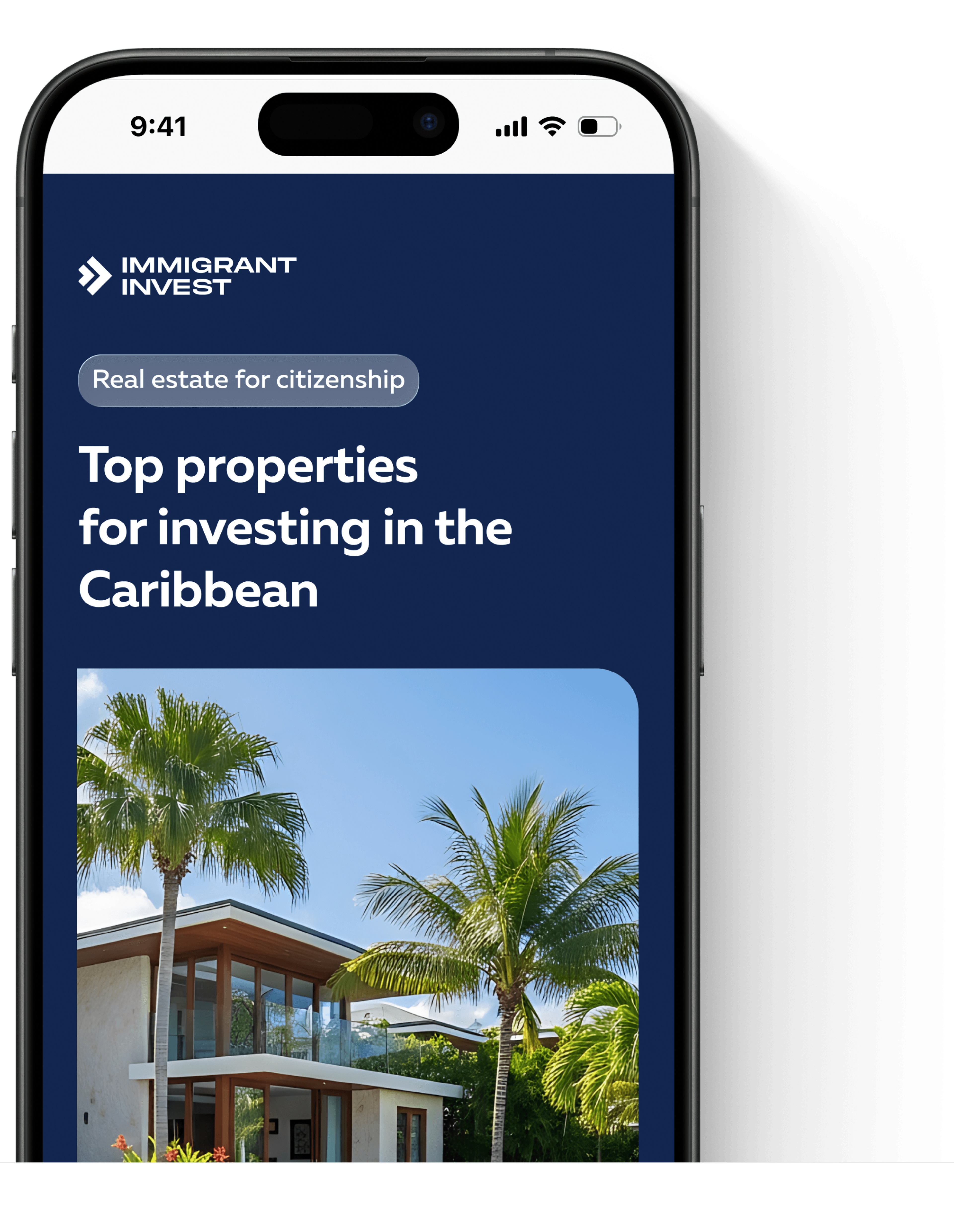
Practical Guide
Your key to Caribbean citizenship: curated real estate for $200k+
7. Family inclusion. Both Caribbean and Vanuatu citizenship programs offer family-friendly terms, allowing applicants to include their spouse, children, and even extended family members such as parents, grandparents or siblings.
Children can access better educational opportunities in visa-free countries, while parents can enjoy retirement in a stable and desirable location.
8. Dual citizenship allowed. Both Caribbean and Vanuatu citizenship programs allow dual citizenship.
This feature is particularly valuable for individuals who wish to retain ties to their home country for business, family, or personal reasons while expanding their global options.
9. Flexible residency requirements. Most programs do not require physical residence in the country. However, investors are required to spend a minimum of five days in Antigua and Barbuda within the first five years of obtaining citizenship.
Investment options available
An investor can also choose a program based on the investment type. Our experience shows that investors prefer areas they know well. Real estate specialists choose real estate investments, stock market players choose securities. All programs have several investment options.
Non-refundable fee. The most popular option in all Caribbean programs is a government fund subsidy.
Antigua and Barbuda are also inviting families of six or more to make a non-refundable $260,000 contribution to a higher education institution. At the same time, one of the family members can study at the university for a year for free. If there are fewer than six applicants, then there are three other investment options.
Returnable investment. 30% of citizenship program participants invest in real estate in the Caribbean. When investing in real estate in the Caribbean, the return on investment is desirable.
Investors can purchase real estate within the terms of all programs, except for Vanuatu.
Property qualifying is usually a share, apartment, or villa in a large five-star hotel complex. The most inexpensive option is to buy a share. It is important that the minimum investment in real estate covers the participation in the program of all family members.
Investors can only buy certain properties. These are projects approved by the government. On the one hand, the choice of objects is limited, on the other, it guarantees the safety and reliability of investments.
With the purchase, the investor receives a pleasant bonus—the opportunity to stay at the hotel for free for 1—2 weeks.
When purchasing an apartment or a villa in a hotel, an investor can negotiate the lease during your absence. The rental yield is 3—7% per annum.
At the same time, consider the fact that according to the programs of Dominica, St Kitts and Nevis, St Lucia, real estate investors pay an additional state fee in the amount of $25,000—50,000.
Other investment options. In our experience, these options are not in high demand due to the investment amount.Foreigners can invest in a business:
-
$400,000+ — in Antigua and Barbuda;
-
$1 million+ — in St Lucia.
How much does citizenship cost for an investor and family?
Citizenship programs in Antigua and Barbuda, Grenada, Dominica, St Kitts and Nevis, St Lucia, and Vanuatu are popular for their simplicity of requirements and minimum investment amounts.
For example, Dominica’s passport can be obtained in exchange for an investment of $200,000 or more. In case the Due Diligence report provides positive results of the investor’s status.
Let’s compare: a Maltese passport allows you to live in Europe without restrictions, but it requires much higher expenses. The minimum sum required for Malta citizenship by naturalisation for exceptional services by direct investment is €690,000+.
![]() Antigua and Barbuda offers flexible pathways to citizenship, allowing investors to choose between donations, real estate, or a unique university fund option.
Antigua and Barbuda offers flexible pathways to citizenship, allowing investors to choose between donations, real estate, or a unique university fund option.
Investment options include:
-
Non-refundable contribution. A minimum of $230,000 to the National Development Fund for single applicants or families of up to four members. Larger families of five require a contribution of $250,000.
-
Real Estate Investment. A minimum of $300,000 in a government-approved real estate project.
-
Donation to a higher education institution. Families of six or more can contribute $260,000 to a local educational facility, which includes one year of tuition for one family member.
-
Business investment. An applicant can invest $1.5 million individually or $400,000 as part of a $5 million group investment in Antigua and Barbuda.
Antigua places significant emphasis on maintaining the integrity of its program. Due Diligence checks come with a $8,500 fee for the main applicant.
Processing fees total $20,000 for a family of four. For additional dependents, an extra $10,000 applies.
![]() Grenada. The National Transformation Fund provides a straightforward route to citizenship with a $235,000 non-refundable contribution for single applicants. Families of up to four can secure citizenship with a $260,000 contribution.
Grenada. The National Transformation Fund provides a straightforward route to citizenship with a $235,000 non-refundable contribution for single applicants. Families of up to four can secure citizenship with a $260,000 contribution.
For those seeking a tangible return, Grenada offers real estate opportunities starting at $270,000, paired with a $50,000 government fee for families of up to four members.
Due Diligence costs $5,000 for each applicant aged 17 and above.
![]() Dominica is often celebrated for its cost-effective citizenship program, offering a lower entry point without compromising benefits.
Dominica is often celebrated for its cost-effective citizenship program, offering a lower entry point without compromising benefits.
Investment options include:
-
Non-refundable contribution. Single applicants can contribute $200,000 to the Economic Diversification Fund, while families of up to four need to invest $250,000.
-
Real estate investment. A minimum investment of $200,000 in a government-approved property, plus state fee of $75,000 for single applicants and $100,000 for families of up to four members.
Due Diligence fee for the main applicant is $7,500, while dependents aged 16 and above are vetted for $4,000 each. Processing fees set at $1,000 per application.
![]() St Kitts and Nevis boasts the oldest citizenship by investment program in the world, renowned for its prestige and stability.
St Kitts and Nevis boasts the oldest citizenship by investment program in the world, renowned for its prestige and stability.
The Sustainable Growth Fund is a popular choice, requiring a contribution of $250,000 for a single applicant and for a family of up to four.
For those interested in real estate, the program offers investments starting at $325,000 in government-approved projects, such as luxury resorts and developments. Alongside the investment, a state fee of $25,000 for the main applicant and $40,000 for a married couple.
The Due Diligence fee is $10,000 for the main applicant, $17,500 for a married couple and $7,500 for dependents aged 16 and older.
![]() St Lucia citizenship program is known for its flexibility, offering multiple investment routes to cater to different investor priorities.
St Lucia citizenship program is known for its flexibility, offering multiple investment routes to cater to different investor priorities.
Investment options include:
-
Non-refundable contribution. $240,000 to the National Economic Fund for a single applicant and for a family of up to four members.
-
Real estate investment. A minimum of $300,000 in a government-approved property, with a state fee of $30,000.
-
Government bonds. An investment of $300,000 in non-interest-bearing government bonds, held for five years. A minimum administrative fee is $50,000.
-
Business investment. Applicants can invest in government-approved business projects with a minimum of $3.5 million individually or $1 million as part of a $6 million group. A $50,000 administrative fee applies. Eligible sectors include restaurants, cruise ports, agro-processing, pharmaceuticals and others.
-
Infrastructure project investment. Applicants invest $250,000 in government-approved infrastructure projects in St. Lucia, such as ports, bridges, and roads. Administrative fees are $15,000 for the investor, $5,000 per family member, and $10,000 per additional applicant over 18 starting from the fifth family member.
The Due Diligence fee for St Lucia is $8,000 for the main applicant and $5,000 for dependents aged 16 and older.
![]() Vanuatu offers a streamlined Citizenship by Investment Program with several investment options tailored to accommodate various investor preferences.
Vanuatu offers a streamlined Citizenship by Investment Program with several investment options tailored to accommodate various investor preferences.
Investment options include:
-
Non-refundable contribution to the National Development Fund — $130,000+.
-
CNO Future Fund Investment — $157,000 for both single applicants and families of up to four members.
Administrative and processing fees vary based on the number of applicants and the chosen investment option. For instance, under the CNO Future Fund option, Due Diligence and administrative fees amount to $9,000 per application.
Expenses for the investor and their family. When investors participate in the citizenship programs along with their families, it results in higher expenses compared to a single investor.
Sometimes, a program with a higher initial investment might end up being more cost-effective depending on the family size.
To determine the costs, it is advisable to verify whether your family members are eligible to join the program, based on their age and their relationship to the investor.
Investor program costs for single applicant and families
Who can participate in the program together with an investor
Vanuatu and all Caribbean countries allow investors to include family members in the application. The composition of eligible individuals varies by country.
Family members are typically included at the time of application. Some countries also allow the addition of relatives at a later stage. The specific regulations depend on the country.
For instance, in Grenada, children can only be granted citizenship if they apply simultaneously with the investor, except for those born after the main applicant has obtained citizenship.
In St Kitts and Nevis, the investor’s children can obtain a passport after the investor has received theirs. The fee is $7,500 for children under 3 years old and $10,000 for children aged 4 to 18.
Qualifying family members for Caribbean and Vanuatu citizenship
Terms and process of obtaining a passport
Grenada, Dominica, and St Lucia are issuing citizenship by investment remotely. All documents are submitted via a licensed program agent, interviews are conducted online, and citizenship documents are sent to the investor’s specified address.
Applicants for a St Kitts and Nevis passport also submit documents and undergo an interview remotely, but they need to personally visit the country to collect their naturalisation certificates.
For Antigua and Barbuda’s passport , an applicant takes the oath via videoconference, at a consulate or in person in Antigua and Barbuda. In addition, under the terms of the program, a foreigner needs to stay in Antigua and Barbuda for 5 days during the first 5 years.
In Vanuatu, the investor and all family members regardless of age are required to visit the country to submit biometrics and pass a facial recognition procedure. The biometrics will be used for an electronic chip inserted in the passport.
The Vanuatu program is the fastest, an investor can actually get a passport in 2—4 months. Below, the step-by-step process for acquiring Vanuatu citizenship is outlined.
1 day
Preliminary Due Diligence check by Immigrant Invest
Immigrant Invest is an official representative of the Vanuatu citizenship by investment program and knows how to help clients avoid risks when submitting documents.
Certified Anti-Money Laundering Officers provide a legal opinion and assess the chances of successfully participating in the program. If they foresee potential difficulties with the application, experts propose ways to address these and reduce the chances of the investor being refused Vanuatu citizenship.
Immigrant Invest is an official representative of the Vanuatu citizenship by investment program and knows how to help clients avoid risks when submitting documents.
Certified Anti-Money Laundering Officers provide a legal opinion and assess the chances of successfully participating in the program. If they foresee potential difficulties with the application, experts propose ways to address these and reduce the chances of the investor being refused Vanuatu citizenship.
1 day
Signing an agreement
The applicant can conclude a Service Agreement with Immigrant Invest either in the company’s office or remotely. However, our experts will need to receive copies of the passports of any family members participating in the program.
The applicant can conclude a Service Agreement with Immigrant Invest either in the company’s office or remotely. However, our experts will need to receive copies of the passports of any family members participating in the program.
2+ weeks
Preparation of documents
Applicants compile all necessary documentation, including personal identification, financial statements, and proof of no criminal record. Immigrant Invest experts assist applicants in collecting and correctly preparing the complete package of documents.
All copies of documents must be certified with an apostille and translated into English.
Applicants compile all necessary documentation, including personal identification, financial statements, and proof of no criminal record. Immigrant Invest experts assist applicants in collecting and correctly preparing the complete package of documents.
All copies of documents must be certified with an apostille and translated into English.
Up to 1 week
Check by the Financial Intelligence Unit of Vanuatu
The FIU of Vanuatu checks the reliability of the investor and determines whether the application can proceed.
The FIU of Vanuatu checks the reliability of the investor and determines whether the application can proceed.
2—4 weeks
Applying for citizenship
After the FIU’s approval, the experts send the completed application and the scans of documents to Vanuatu.
Based on the expertise of Immigrant Invest, the Screening Committee and the Citizenship Commission review the investor’s documents during at least 2 weeks.
After the FIU’s approval, the experts send the completed application and the scans of documents to Vanuatu.
Based on the expertise of Immigrant Invest, the Screening Committee and the Citizenship Commission review the investor’s documents during at least 2 weeks.
3—6 weeks
Fulfilment of the investment condition
The law requires investors to transfer the money in two instalments: 25% when applying for citizenship and 75% after receiving approval. However, in practice, investors usually receive an invoice for the total investment sum.
The payment must be completed within 90 days of the Citizenship Commission’s approval of the application.
The law requires investors to transfer the money in two instalments: 25% when applying for citizenship and 75% after receiving approval. However, in practice, investors usually receive an invoice for the total investment sum.
The payment must be completed within 90 days of the Citizenship Commission’s approval of the application.
1 day
Submitting biometrics
The investor and all family members regardless of age are required to visit Vanuatu to submit biometrics and pass a facial recognition procedure. This can also be done at one of the Vanuatu consulates—in the UAE, New Caledonia, or Hong Kong.
The biometrics will be used for an electronic chip inserted in the passport.
The investor and all family members regardless of age are required to visit Vanuatu to submit biometrics and pass a facial recognition procedure. This can also be done at one of the Vanuatu consulates—in the UAE, New Caledonia, or Hong Kong.
The biometrics will be used for an electronic chip inserted in the passport.
2—4 weeks
Receiving a passport
Once the agreed investment amount is received, the Citizenship Commission issues a naturalisation certificate and submits a passport request to the passport office.
The documents are then sent to the investor’s preferred address.
Once the agreed investment amount is received, the Citizenship Commission issues a naturalisation certificate and submits a passport request to the passport office.
The documents are then sent to the investor’s preferred address.
What is Due Diligence?
The key stage of any program is Due Diligence. This is an assessment of the integrity of the investor and his family members, that requires careful and detailed preparation. For example, it is required to confirm the legitimacy of the funds required to participate in the program.
We recommend showing an amount that exceeds the costs of the program by $200,000—300,000. This is necessary to confirm the availability of funds for the family allowance, to help avoid additional questions and expedite the process.
Our certified Anti Money Laundering Compliance Officer will review your documents and inform you about possible risks. Based on the results of the verification, our experts will suggest a personalised list of documents needed to obtain citizenship. This approach reduces the probability of application rejection to 1%.
Vanuatu does not disclose the names of applicants rejected by the program.
Unlike Vanuatu, Caribbean programs disclose this information and exchange it with each other under the terms of a Memorandum of Understanding on Port State Control. If a foreigner is refused in one program, they will not be able to participate in another.
What to focus on when choosing a program
Selecting the right country requires evaluating several critical factors, including processing times, investment amounts, and family inclusivity.
1. Speed of citizenship approval. Caribbean citizenship by investment programs offer relatively fast processing times, around 6 months. This includes programs in Antigua and Barbuda, Dominica, St Kitts and Nevis, and St Lucia.
Grenada, however, has a slightly longer processing time of up to 8 months. The quickest process is in Vanuatu: 2—4 months.
2. Investment amount. Investment requirements vary significantly between programs, and understanding the cost structure is essential. For single applicants, the most affordable options are in Dominica, where contributions to national funds start at $200,000.
A single professional may prioritize the lower cost of Dominica’s program, while a family seeking both citizenship and investment returns may prefer real estate opportunities in Grenada or Antigua and Barbuda.
3. Family Inclusivity. Grenada leads in this category, allowing the largest list of relatives to participate, including spouses, children, siblings, and parents. Dominica and St Lucia also stand out for their flexibility, permitting dependents like adult children and elderly parents to be included.
Antigua and Barbuda offers an option designed for families of six or more: a donation to a higher education institution with a minimum investment of $260,000.
Families of up to four may find Vanuatu the most suitable option. This is due to its family-friendly $157,000 investment requirement for shares in the CNO Future Fund holding company.
Key insights for investors
-
The Vanuatu citizenship program is the fastest, granting approvals within 2—4 months. Its streamlined processes and minimal bureaucracy are ideal for those prioritizing time and simplicity.
-
The Dominica citizenship program is highly affordable, starting at $200,000 for a single applicant.
-
For families, Antigua and Barbuda offers exceptional value with the same minimum investment for up to four members.
-
Both Vanuatu and the Caribbean countries allow dual citizenship, enabling investors to retain their original nationality.
-
All of these investment programs offer tax benefits such as no personal income tax and exemptions for international companies.
-
Caribbean and Vanuatu citizenship programs allow children, parents, grandparents, and siblings to join applications. However, each country has its own specific requirements regarding the eligibility of relatives, such as age limits, financial dependency, and marital status.
Immigrant Invest is a licensed agent for citizenship and residence by investment programs in the EU, the Caribbean, Asia, and the Middle East. Take advantage of our global 15-year expertise — schedule a meeting with our investment programs experts.

